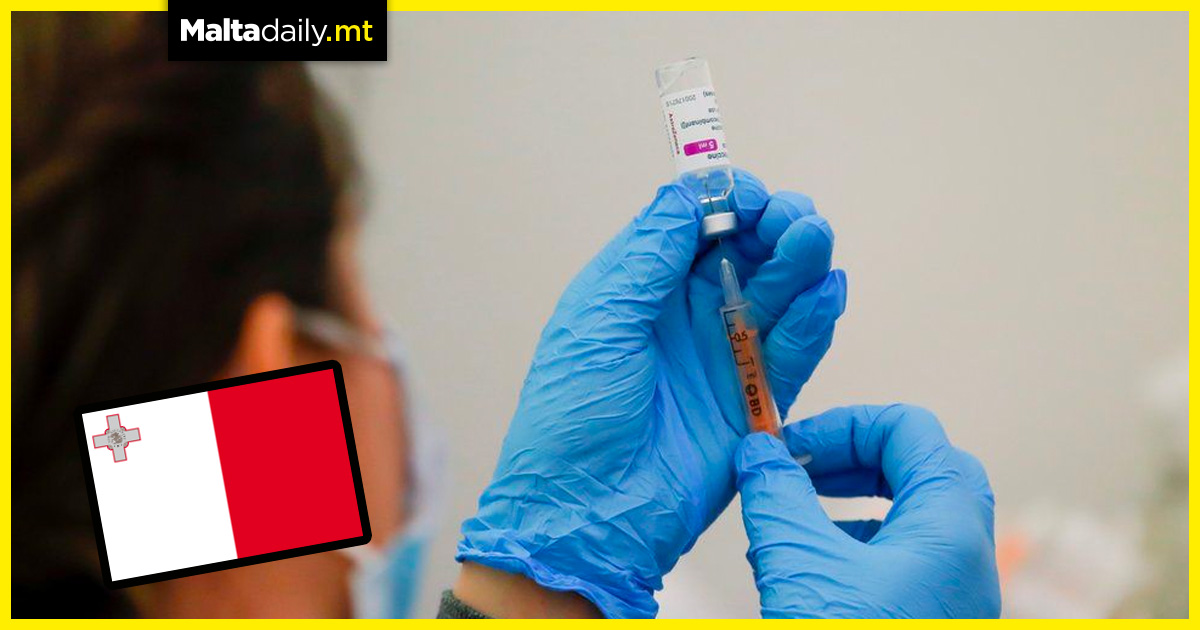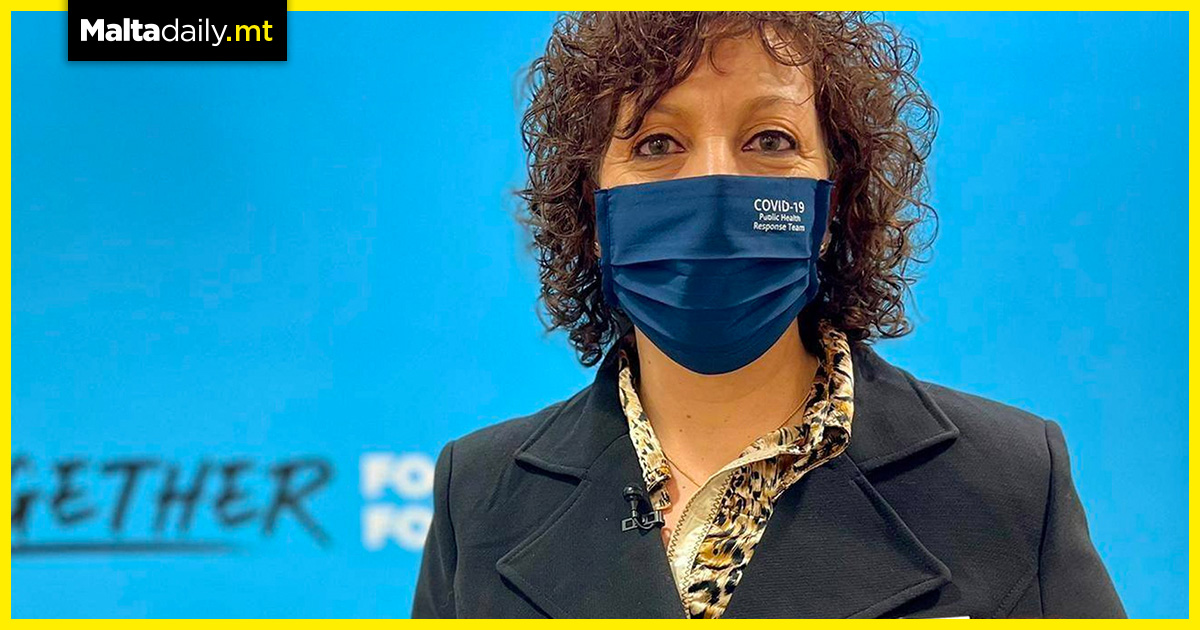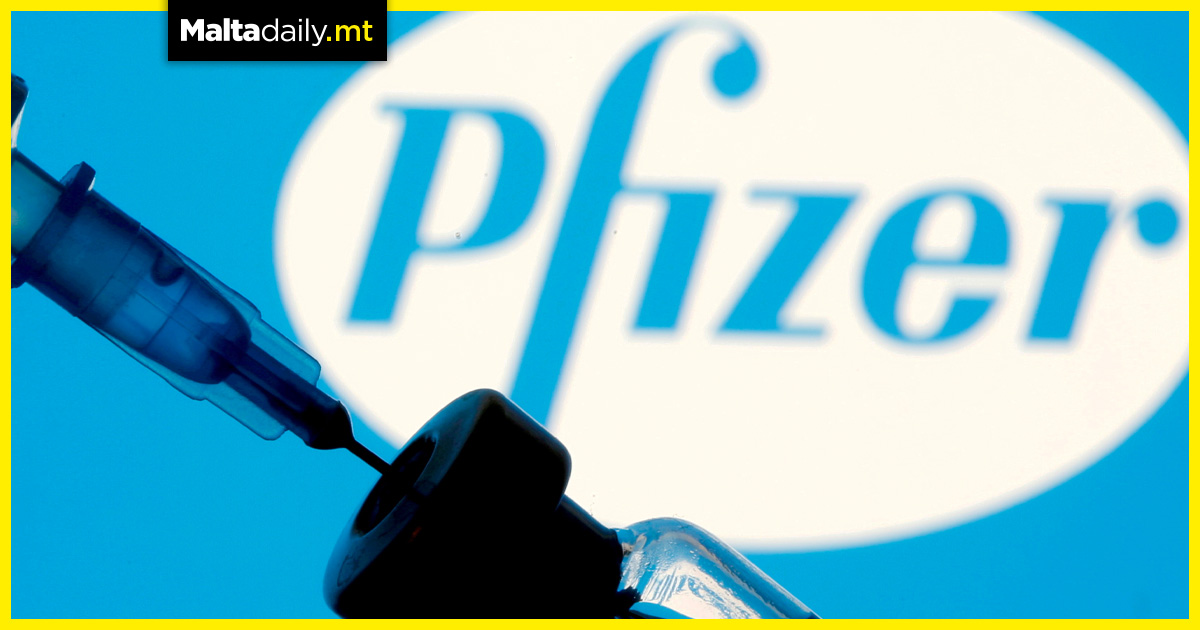
The Malta Chamber urged on Friday to not put secondary contacts of confirmed COVID-19 cases under mandatory 14-day quarantine should they be vaccinated. Health authorities were called upon through a statement to rethink the quarantine measures. With 81% of the adult population vaccinated and therefore less likely to carry symptomatic infection or transmit the virus, the Malta Chamber believes it is totally unreasonable to enforce mandatory quarantine should they be secondary contacts of confirmed cases.
Employers are, as the statement pointed out, receiving the biggest burden out of all this situation, especially when work from home is impossible. Chamber president Marisa Xuereb stated that if ‘we really believe that vaccines break the chain of contagion, we need to be pragmatic and shouldn’t be placing fully vaccinated secondary contacts in quarantine.’
#MaltaDaily
Photo Source: BBC












